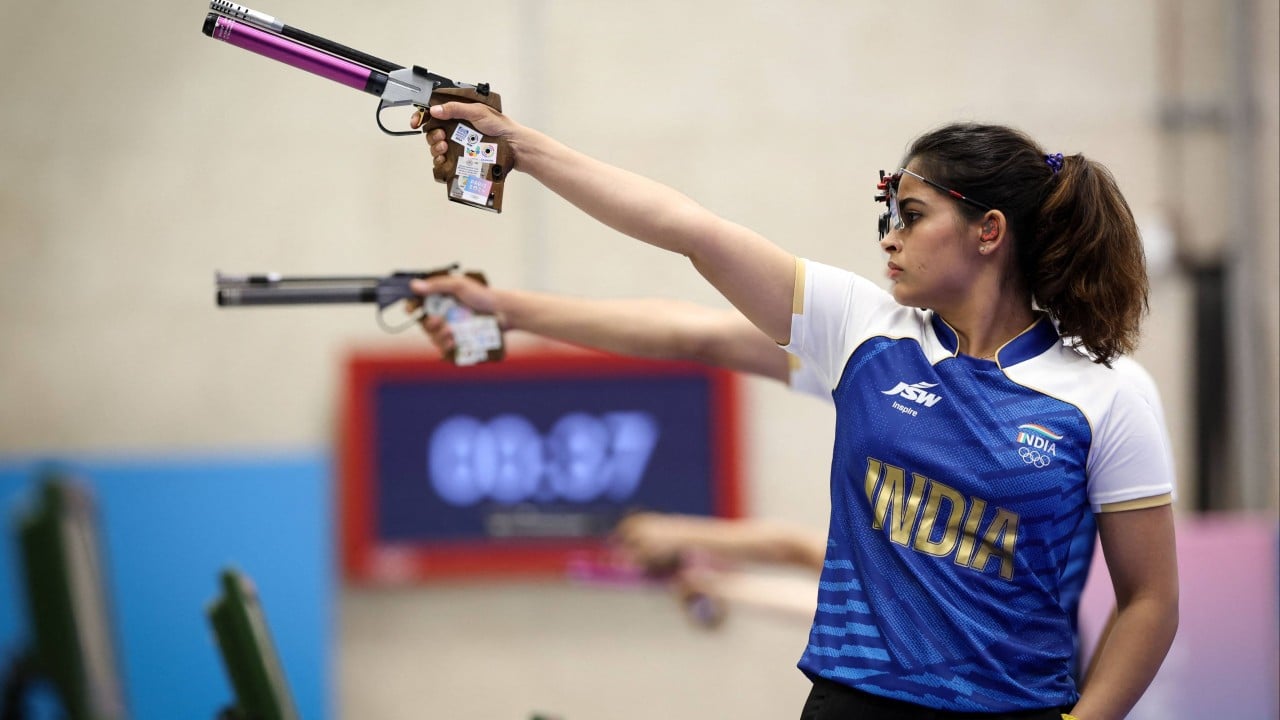

India is setting ambitious goals for its performance in international sports, with a dual focus on the upcoming 2026 Asian Games and the long-term aspiration of achieving significant success at the 2028 Los Angeles Olympics.
Eyes on Aichi-Nagoya 2026
India is aiming for a record medal haul at the 2026 Asian Games, scheduled to be held in Aichi-Nagoya, Japan, from September 19 to October 4. This ambition follows India's best-ever performance at the 2023 Asian Games in Hangzhou, where the nation broke the 100-medal barrier for the first time, securing a total of 107 medals and finishing fourth behind China, Japan, and South Korea. Impressive performances in disciplines such as cricket, shooting, and archery fueled this achievement.
Adille Sumariwalla, spokesperson for the Athletics Federation of India (AFI), expressed confidence that India would surpass its previous performance. While he refrained from making specific medal predictions, Sumariwalla emphasized that athletics is a key area where India is expected to perform well.
Several athletes are expected to lead India's charge at the 2026 Asian Games. Neeraj Chopra, the javelin thrower who won gold at the Tokyo 2021 Olympics, will be aiming for his third consecutive Asian Games title. Additionally, the Indian men's and women's cricket teams, both of whom secured gold medals at the 2023 Asian Games, will be looking to defend their titles. Manu Bhaker, a star shooter, is expected to defend her team gold in the 25m pistol event.
To bolster India's chances at the 2026 Asian Games, the government has launched the Target Asian Games Group (TAGG), a high-performance program designed to support potential medalists. The initiative includes 37 athletes from 16 disciplines and is inspired by the Target Olympic Podium Scheme (TOPS). TAGG is specifically tailored for the Asian Games, aiming to bridge the gap between India's regional potential and Olympic aspirations.
Los Angeles 2028: The Ultimate Goal
While the 2026 Asian Games are an important milestone, India's ultimate focus is on the 2028 Los Angeles Olympics. Sumariwalla stressed that the AFI's primary goal is to achieve success at the Los Angeles Olympics, with the Asian Games serving as a valuable stepping stone. India has historically underperformed at the Olympics, with only 10 gold medals in its history. However, there is a growing determination to improve this record and establish India as a major sporting power.
The Ministry of Youth Affairs and Sports has convened meetings and workshops to strategize for India's participation in the 2028 Los Angeles Olympics. These discussions have involved sports ministers from various states and union territories, senior officials, and sports experts. The focus is on creating a roadmap for India's rise as a global sporting powerhouse.
Several initiatives are underway to strengthen India's sports ecosystem in preparation for the 2028 Olympics. These include identifying and training young athletes aged 9-14 for long-term Olympic preparation, optimizing existing sports infrastructure, and establishing District-Level Sports Schools (DLSSs) to enhance grassroots-level scouting and training. The government is also emphasizing transparency in National Sports Federations to ensure fair selection processes.
The Target Olympic Podium Scheme (TOPS) is a central component of India's Olympic preparations, providing financial assistance, coaching, and international exposure to elite and developmental athletes. The Mission Olympic Cell (MOC) is expected to create a new list of athletes under TOPS with an eye on the next Summer Games cycle.
India is also focusing on sports where it has demonstrated regional potential but has yet to achieve Olympic success, such as gymnastics, fencing, and cycling. Additionally, there is a growing emphasis on team sports like hockey, archery, and relay teams. Cricket's return to the Olympics in 2028 also presents a significant opportunity for India to increase its medal tally.
To achieve its Olympic goals, India recognizes the need to strengthen its grassroots infrastructure, increase funding for sports, provide personalized training and scientific support to athletes, and prioritize mental fitness. The country is also working to create specialized academies focused on Olympic disciplines and promote a culture of sports and fitness at all levels.